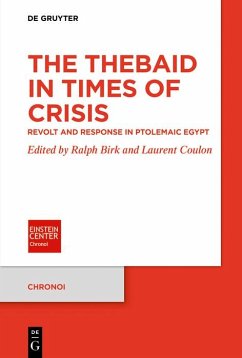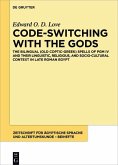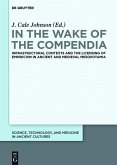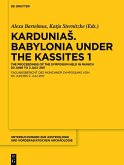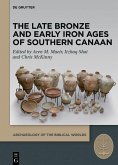As decisive moments in time, crises reveal fundamental features of societies and structure the flow of events into historically meaningful, yet potentially teleological, trajectories. In Ptolemaic historiography, from Polybius till today, the Great Theban Revolt (206-186 BCE) served as such a turning point, demarcating rise and decline. By confronting the historiographic record with independent - and yet partially unexploited - sources, such as temple epigraphy, Demotic (literary) texts, archaeological, numismatic and private documentation, the reunited studies aim at diversifying the perspectives on and in societal conflicts in Ptolemaic Egypt, in order to gain a fuller and more nuanced picture of how various actors, kings, queens, officials, and priests coped with times of crisis.
Dieser Download kann aus rechtlichen Gründen nur mit Rechnungsadresse in A, B, BG, CY, CZ, D, DK, EW, E, FIN, F, GR, HR, H, IRL, I, LT, L, LR, M, NL, PL, P, R, S, SLO, SK ausgeliefert werden.

